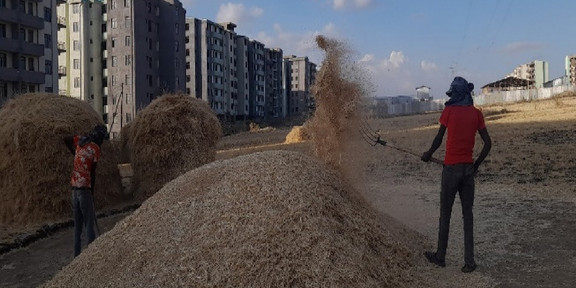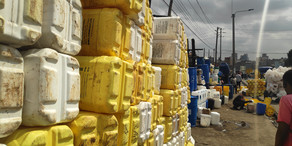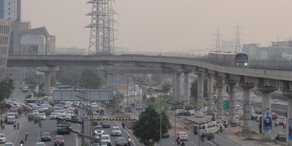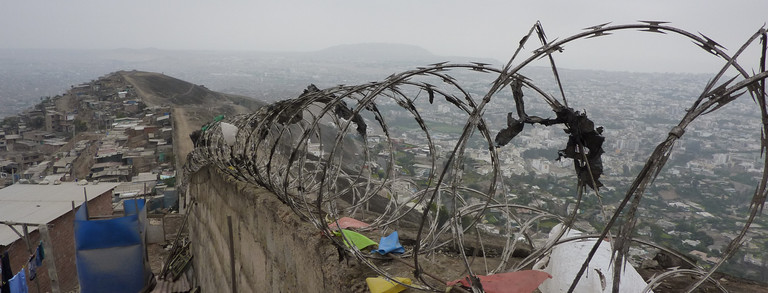Neuer Artikel zum Thema coping strategies in Peri-urban Addis Ababa veröffentlicht
- Archiv
- Forschung

Artikel
Alemu , G.M., Schramm, S., Kombe,W.J., (2025). Hustling and Bustling: Smallholder farmers' coping strategies in peri-urban Addis Ababa, Habitat International 163
doi.org/10.1016/j.habitatint.2025.103458.
Schlüsselwörter
Peri-urbanisation/ Smallholder farmers/ Land expropriation/ Coping strategies/ Resilience
Abstract
This study explored the resilience of smallholder farmers and coping strategies amidst the multifaceted impacts of peri-urbanisation, particularly government-led land expropriation and dwindling farmland in peri-urban Addis Ababa. The resilience of smallholder farmers was examined using the Sustainable Livelihood Framework. As embedded in the Framework, capital assets were applied as a lens to understand how they enhance the resilience of smallholder farmers to cope with dwindling farmland and new sources of livelihood. To collect data, the study utilised qualitative methods comprising in-depth and key informant interviews, focus group discussions, document review, as well as observation. Smallholder farmers and key informants from farmers' representatives, experts, and government officials across selected local government and urban land management agencies engaged in the study. Smallholder farmers adapt diverse but precarious coping strategies, from agricultural intensification to diversification of income sources, portraying smallholder farmers' efforts to hustle and bustle in a rapidly transforming peri-urban area. Notably, coping strategies and their sustainability vary among farmers, implying variances in vulnerability. Smallholder farmers' resilience depends on the coping strategy's resilience and vice versa. However, the resilience of smallholder farmers' coping strategies is in jeopardy, as the peri-urban agricultural future as a livelihood source cannot be predicted. The study calls for inclusive policies and integrated urban planning systems advocating for sustainable peri-urban land development to protect smallholder farmers' livelihoods and peri-urban agriculture.







